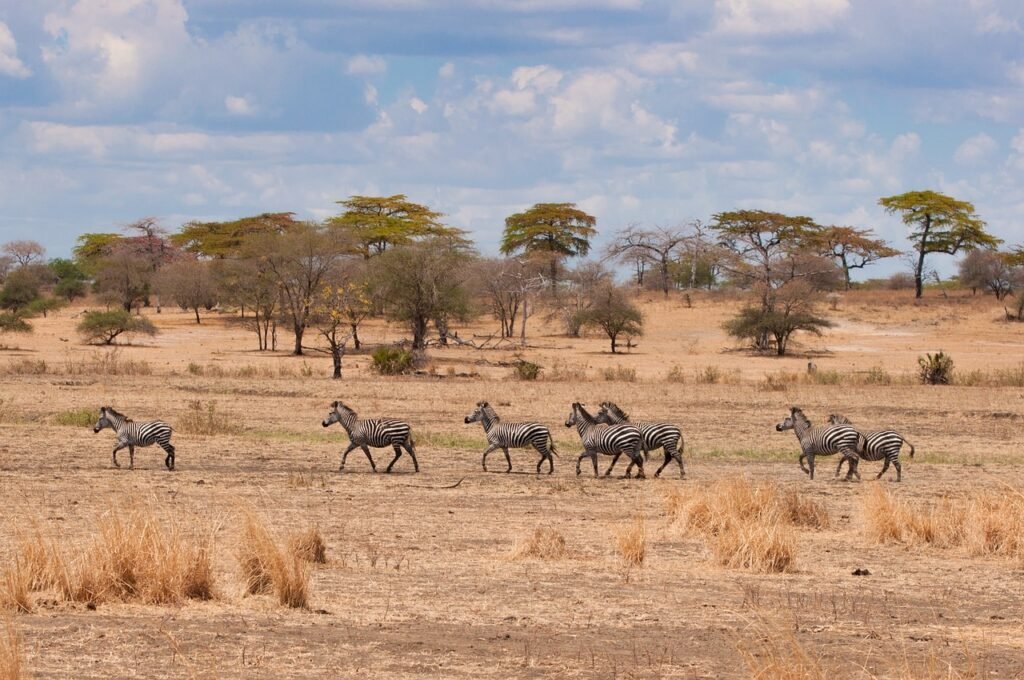Canada was previously a world champion of climate action, but ahead of the heat of the 2025 federal election, Canada’s political leadership is quietly stepping away from the environment and into the arms of fossil fuel development. Only four years ago, climate change ranked as the most important issue on voters’ minds, prompting lawmakers to pass historic net-zero emissions legislation.Today, however, the two leading candidates Liberal Prime Minister Mark Carney and Conservative rival Pierre Poilievre are locked in a race to champion oil and gas, despite Canada’s worsening climate disasters and failing emissions targets.
With the shadow of Donald Trump’s energy policies looming over North America, Canada’s leaders appear to be abandoning their climate promises in favor of economic pragmatism or political survival. But at what cost?
From Climate Champion to Carbon Backpedaler
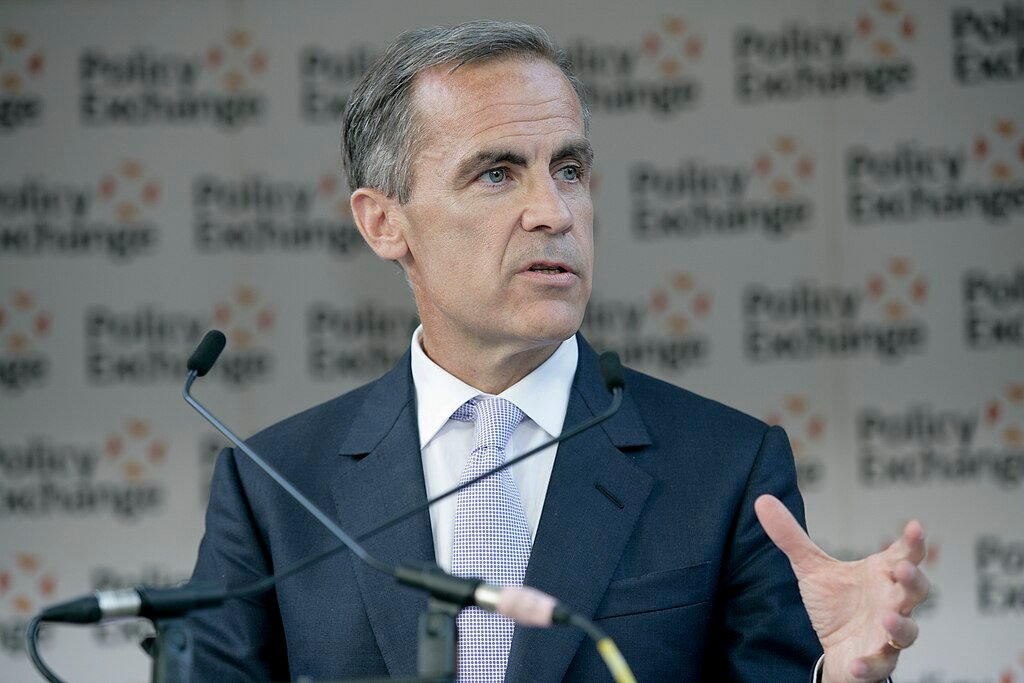
Mark Carney, the former Bank of England governor and UN climate finance envoy, once symbolized Canada’s green ambitions. Yet, within weeks of becoming prime minister, his first major policy move was repealing the consumer carbon tax, a decision that stunned environmentalists.
The tax, introduced in 2019, was designed to nudge Canadians toward cleaner energy by making fossil fuels more expensive. But as living costs soared, it became a lightning rod for Conservative attacks. Poilievre branded Carney “Carbon Tax Carney,” framing the levy as an economic burden rather than a climate necessity.
“By scrapping the carbon price, Carney legitimized the myth that climate action is too costly,” says Catherine Abreu of Canada’s Net Zero Advisory Body. “He missed a chance to redefine the debate.”
The Fossil Fuel Election: A Sudden Pivot to ‘Energy Superpower’ Ambitions
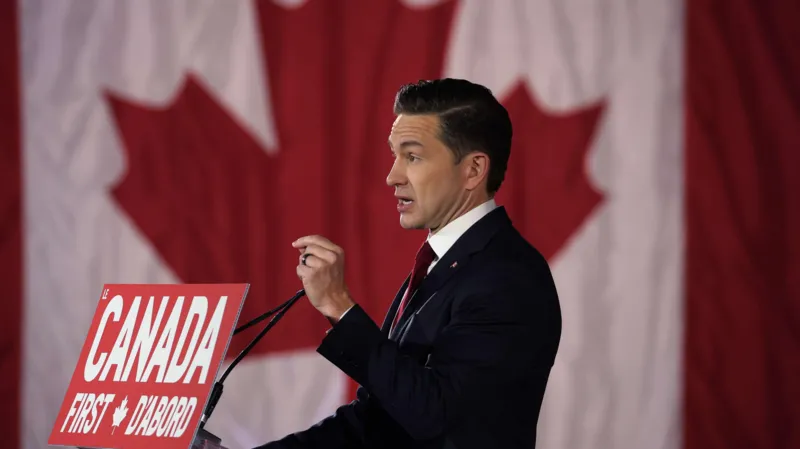
Both parties now accept an energy policy that in 2021 would have been unthinkable: doubling down on oil and gas with lip service to renewables.
Carney vows to make Canada a “global superpower in both clean and conventional energy,” making a big push for carbon capture and accelerated green projects though with fuzzy details.
Poilievre, meanwhile, vows to turbocharge Alberta’s oil sands and axe industrial carbon pricing entirely.
The shift reflects a harsh political reality: since late 2023, polls show Canadians care more about inflation and housing than climate change. Add to that the war in Ukraine, which has turned Canada into a sought-after supplier of “ethical” oil and gas to replace Russian exports.
“Suddenly, allies are begging for our resources,” says York University’s Mark Winfield. “That’s reshaped this election in ways no one predicted.”
The Trump Effect: How U.S. Politics Warped Canada’s Climate Debate
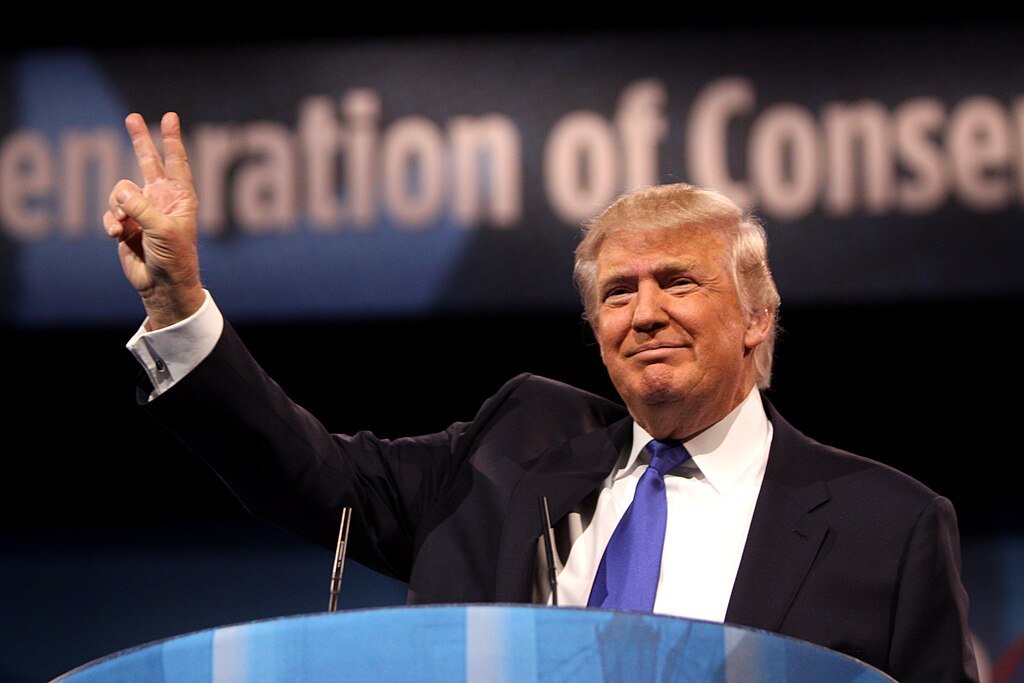
The biggest wildcard in this election isn’t policy, it’s Donald Trump. With the U.S. threatening aggressive energy tariffs, Canada’s reliance on American markets has become a vulnerability.
“Our pipelines are now a national security issue,” Carney admitted in a recent debate. Both parties now support new “energy corridors” to move western crude eastward, reducing dependence on the U.S. But after the failed Energy East pipeline (scrapped in 2017 due to protests and red tape), skepticism runs high.
Poilievre frames expanded exports as a climate win, arguing Canadian gas could replace Asia’s “dirty coal” , a claim experts dismiss as “magical thinking.”
The Net-Zero Charade: Canada’s Emissions Are Going the Wrong Way
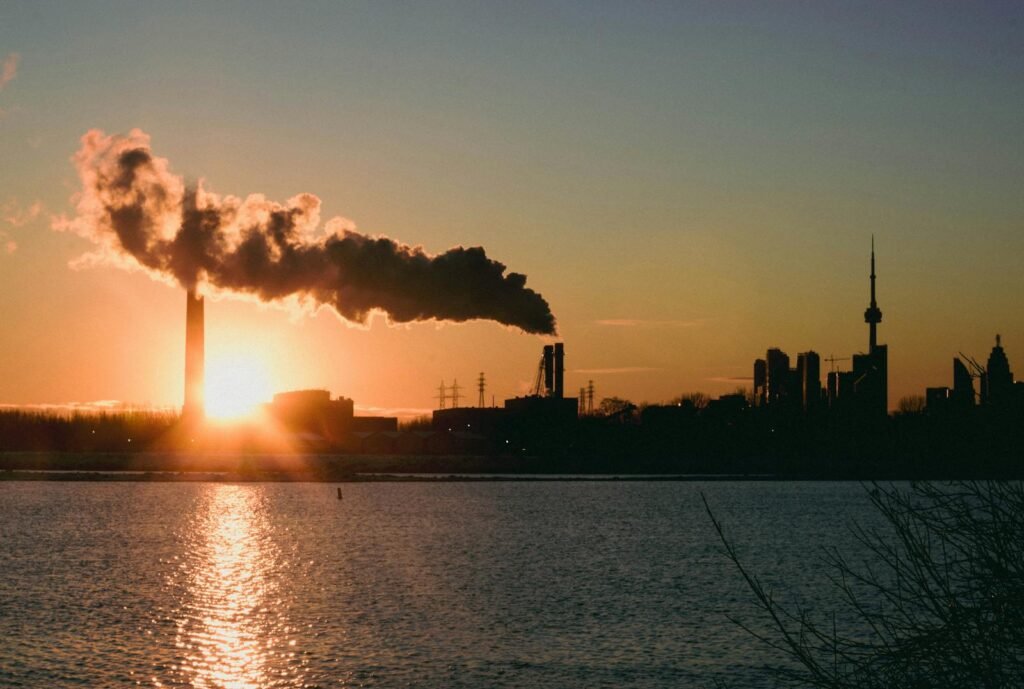
Despite lofty pledges, Canada’s carbon output has only dropped 8.5% since 2005 far short of its 40-45% by 2030 target. The country now faces a near-impossible choice: ramp up fossil fuels or meet climate goals.
“They’re in denial,” says Bloc Québécois leader Yves-François Blanchet. “You can’t be a ‘green superpower’ while expanding oil sands.”
The numbers don’t lie: in 2024 alone, climate disasters caused C$8.5 billion in insured damages triple 2023’s losses. Yet neither Carney nor Poilievre has a credible plan to reconcile energy growth with emissions cuts.
Who Will Pay for Canada’s Climate Retreat?
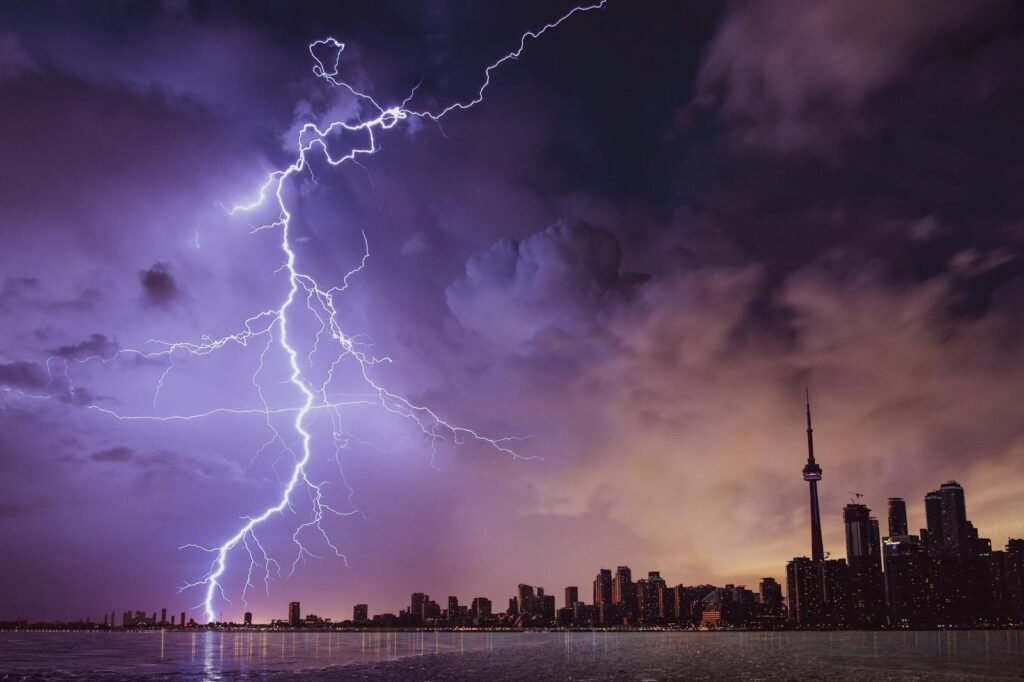
The real victims of this policy reversal won’t be politicians they’ll be ordinary Canadians. From wildfire evacuees to flooded homeowners, the fallout of delayed climate action is already here.
Meanwhile, young voters, who overwhelmingly backed climate measures in 2021, feel abandoned. “They’re trading our future for short-term votes,” says 24-year-old activist Mira Patel.
The Inevitable Reckoning

When polls close on April 28, Canada will have chosen more than a prime minister it will have decided whether to uphold its climate promises or embrace a fossil-fueled gamble.
One thing is certain: the world is watching. As temperatures rise and disasters multiply, backtracking on emissions won’t just be a political misstep it could be a historic betrayal.
“You can’t negotiate with physics,” warns Abreu. “The climate won’t wait for an election cycle.”
Source:

Jan loves Wildlife and Animals and is one of the founders of Animals Around The Globe. He holds an MSc in Finance & Economics and is a passionate PADI Open Water Diver. His favorite animals are Mountain Gorillas, Tigers, and Great White Sharks. He lived in South Africa, Germany, the USA, Ireland, Italy, China, and Australia. Before AATG, Jan worked for Google, Axel Springer, BMW and others.



